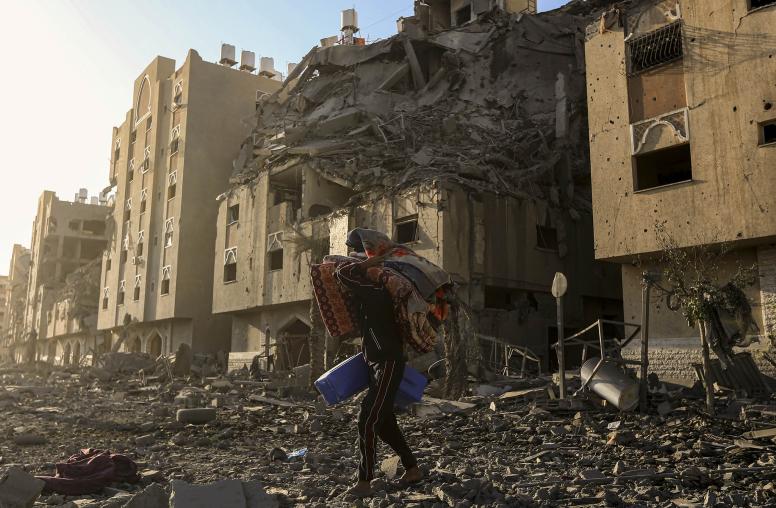The Game-Changing Potential of Water in the Israeli-Palestinian Conflict
Three decades on from the Oslo Accords, water remains a driver of conflict and competition in the Israeli-Palestinian diplomatic arena. However, advances in technology — combined with new regional alignments — hold the potential for water to provide win-win opportunities for both societies while building trust and momentum toward broader diplomatic progress in the region. Recent years have demonstrated that environmental and public health crises do not recognize borders or politics. And while Israeli-Palestinian diplomacy has stagnated, the need for cooperation among people, organizations and governments to address shared environmental concerns is becoming more urgent.
On October 18, USIP hosted a conversation on the precedents and assumptions that have long driven the diplomatic approach to water in the conflict, the ongoing water crisis facing the parties and their neighbors, and the game-changing developments that could make bilateral and multilateral progress possible.
Continue the conversation on Twitter using #WaterAndPeace.
Speakers
Yana Abu Taleb
Jordan Director, EcoPeace Middle East
Gidon Bromberg
Israel Director, EcoPeace Middle East
Nada Majdalani
Palestine Director, EcoPeace Middle East
Lucy Kurtzer-Ellenbogen, moderator
Director, Israeli-Palestinian Conflict Program, U.S. Institute of Peace



